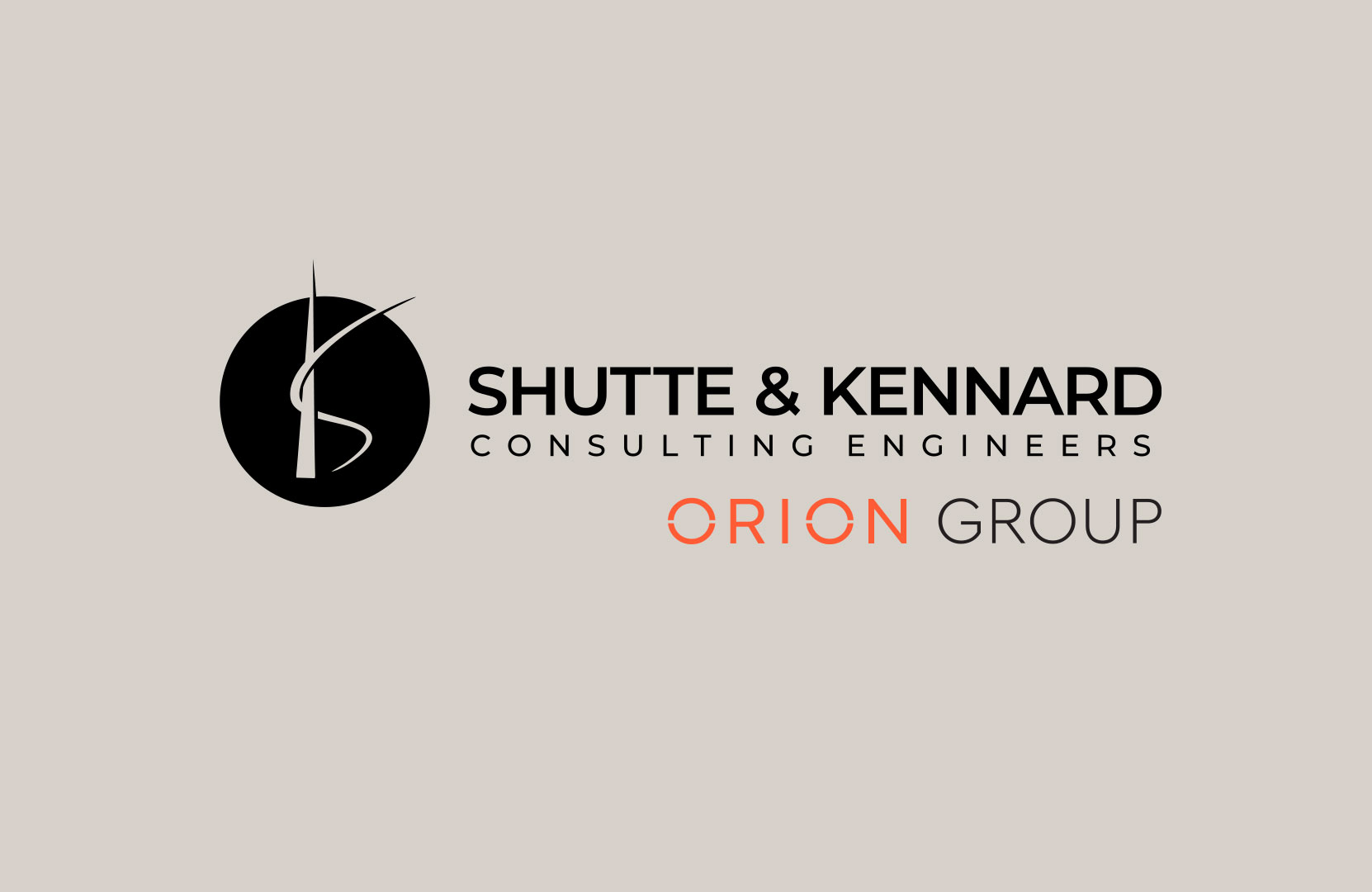As a new year unfolds, many individuals reflect on the past, evaluate their current standing, and set intentions for the future. This time of reflection is often marked by the desire to set new goals—personal and professional—that will shape the upcoming year.
Goal setting is a powerful tool for growth, offering structure, motivation, and direction in both our personal lives and careers. However, to make the most of our goals, it’s essential that they are grounded in our values. When our goals are aligned with what truly matters to us, they are more likely to lead to lasting fulfilment and success.
Why Set Goals?
Goal setting should not merely be a New Year’s tradition – but used as a strategy for personal and professional growth. Goals provide a sense of direction, helping us focus our time, energy and resources toward what matters most. Without clear goals, it’s easy to feel lost, unmotivated or stuck in the same routines. Goals serve as a compass that guides our actions, allowing us to make intentional progress and move forward in our personal and professional lives.
One of the primary benefits of setting goals is to help us break down long-term ambitions into manageable, actionable steps. For example, someone who dreams of running a marathon can break that goal into smaller milestones—like training consistently, building up endurance, and reaching certain distances—making the task feel less daunting and more achievable.
In our professional lives, goals help us stay motivated and work toward specific career advancements, whether it’s increasing productivity, expanding skill sets, or even earning a promotion. On a personal level, goals can help us achieve a healthier lifestyle, build stronger relationships or pursue hobbies and personal growth. When both professional and personal goals are set, we experience a sense of balance, achievement and purpose.
Moreover, having goals helps us track progress. When you can see measurable progress, whether in your career or personal life, it fosters a sense of accomplishment. Goals hold us accountable and provide a framework for evaluating our efforts throughout the year.
Aligning Goals with Values
While it’s important to set clear and actionable goals, the real power of goal setting comes from ensuring that your objectives are in alignment with your core values. Our values guide our decisions, actions and what we deem most important in life.
It’s important to remember that your goals should support each other. If you focus only on professional growth at the expense of your personal life, you may feel unfulfilled. Similarly, if you neglect your career ambitions in pursuit of personal relaxation or leisure, you might experience frustration from unmet professional goals. The key is to strike a balance where both your professional aspirations and personal needs are met.
The Power of Reflection and Adjustment
The process of goal setting isn’t static. Throughout the year, you’ll likely encounter new opportunities, challenges and insights that shift your perspective. This makes it essential to regularly assess your progress, re-evaluate your goals and make adjustments as necessary.
As you work toward your personal and professional goals, ask yourself:
- Are these goals still aligned with my values, or have my priorities shifted?
- Am I making tangible progress, or do I need to adjust my approach?
- Is my current goal still motivating, or do I need to revisit my desired outcome?
Celebrating small wins along the way is also crucial. Achieving milestones is not just about checking off boxes; it’s about recognizing the personal growth and effort that went into each step.
So, as 2025 unfolds, ensure that you take the time to reflect on your goals and give yourself the opportunity to pivot when necessary, ensuring that your goals remain relevant and impactful. Flexibility in your approach ensures that you stay true to yourself, even when unexpected circumstances arise.








.jpg)


%20(002).jpg)
%20(002).jpg)





























.jpg)
.png)












.png)












.png)

.jpeg)
.jpeg)
.jpeg)
.png)

.jpeg)
.jpeg)
.jpeg)
.jpeg)
.jpeg)
.jpeg)
.png)
.jpeg)
.jpeg)
.jpeg)